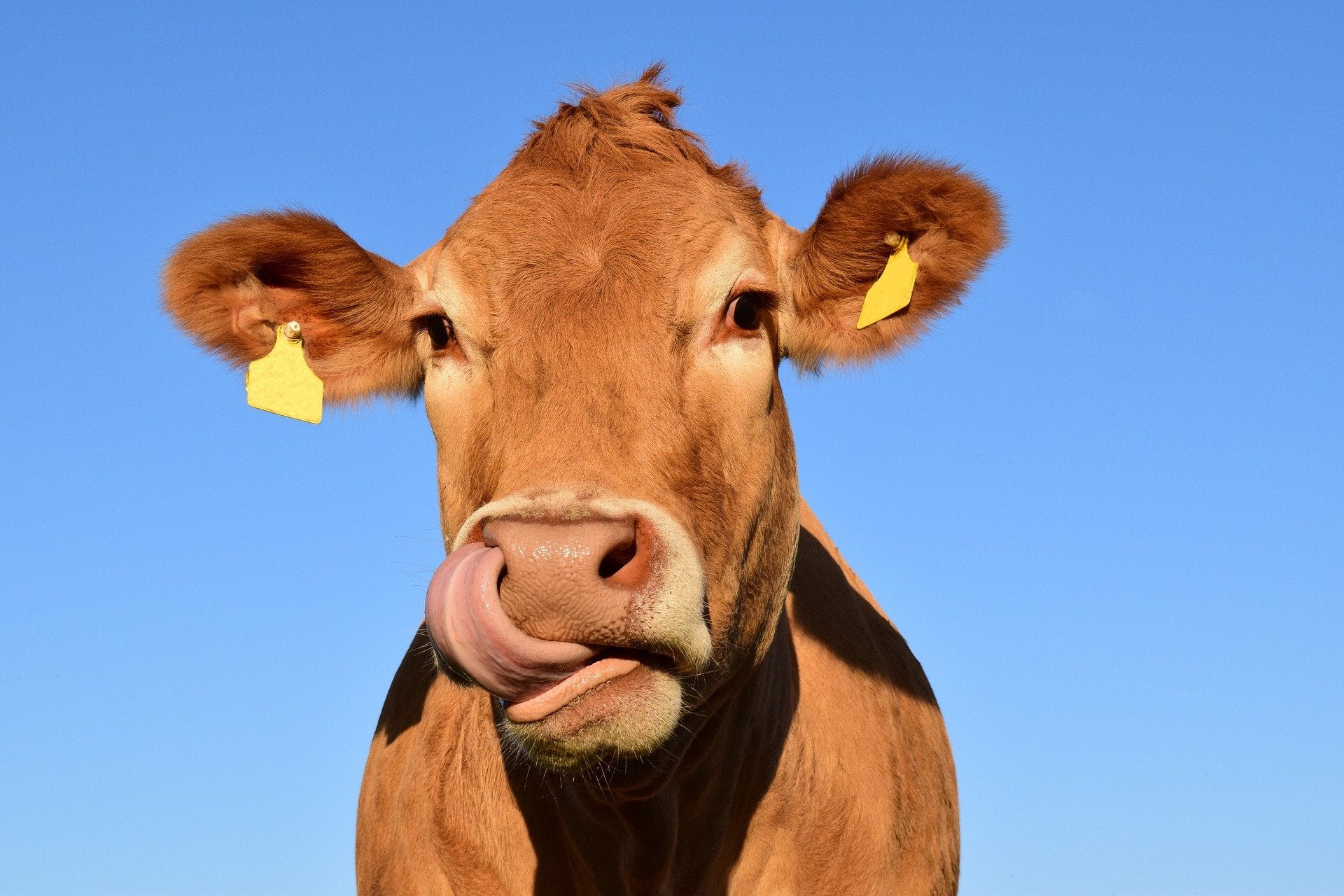
New Zealand is proposing to “price” agricultural greenhouse gas emissions, a plan heavily criticised by the country’s farmers’ federation.
“Agriculture makes up half of the country’s gross emissions and it’s anticipated the proposals will provide incentives for farmers and growers to take further action to reduce them,” the New Zealand government said as it started a consultation process set to end on 18 November.

Discover B2B Marketing That Performs
Combine business intelligence and editorial excellence to reach engaged professionals across 36 leading media platforms.
Supported by Prime Minister Jacinda Ardern, the proposals are aimed at cutting methane and nitrous oxide emissions. Responses from the consultation exercise will be considered before the proposals go to parliament for final approval “early” in 2023.
Ahead of last year’s COP26 event, The Changing Markets Foundation campaign group said greater attention needs to be put behind reducing methane, or CH4 emissions, from agriculture, describing them as more “potent” to global warming than carbon dioxide.
“Consultation is a critical step towards pricing emissions and the Government anticipates submissions will help design a system that is credible, workable and equitable for farmers, growers, industry businesses and the New Zealand public,” read a statement published yesterday (11 October).
“Feedback is sought on how a proposed farm-level emissions price levy will be set, governance arrangements of the system, how farmers and growers will report and pay for their emissions and recognising sequestration.”

US Tariffs are shifting - will you react or anticipate?
Don’t let policy changes catch you off guard. Stay proactive with real-time data and expert analysis.
By GlobalDataFederated Farmers of New Zealand, the industry representative, said the plan aims to reduce the country’s sheep and beef farming by 20% and dairy farming by 5%.
“The greenhouse gas reduction plan released by the Government this morning will rip the guts out of small-town New Zealand, putting trees where farms used to be,” the organisation said. “This is the equivalent of the entire wine industry and half of seafood being wiped out.”
Over the past three years, the Government has worked with the so-called He Waka Eke Noa, or the Primary Sector Climate Action Partnership, to come to its proposals.
He Waka Eke Noa engaged with farmers and growers and recommended a farm-level pricing system as the “best way to encourage emissions reductions from agriculture”. New Zealand’s Climate Change Commission, or He Pou a Rangi, also offered the Government advice.
Andrew Hoggard, the president of Federated Farmers, weighed in: “We didn’t sign up for this. It’s gut-wrenching to think we now have this proposal from government, which rips the heart out of the work we did. Out of the families who farm this land.
“Our plan was to keep farmers farming. Now they’ll be selling up so fast you won’t even hear the dogs barking on the back of the ute as they drive off.”
Failing the implementation of the proposals by 1 January 2025, the so-called New Zealand Emission Trading Scheme (ETS) would come into force under the Climate Change Response Act 2002.
New Zealand would set emissions units or NZUs, which would decrease over time to encourage farmers to reduce their environmental impact under a three-point system.
Authorities would require businesses to measure and report their greenhouse gas emissions; to “surrender” one NZU for each tonne of emissions; the unit numbers supplied into the scheme would have a limited availability to “emitters”.
“The Government’s plan means the small towns, like Wairoa, Pahiatua, Taumaranui – pretty much the whole of the East Coast and central North Island and a good chunk of the top of the South – will be surrounded by pine trees quicker than you can say ‘ETS application’,” Hoggard said.



